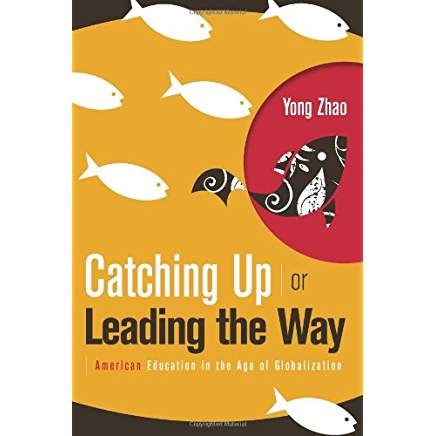Today, school safety is a much bigger deal than ever. Schools desperately want to avoid the kind of reputation that comes with violent activity. Several years ago, New York State started gathering data on violent and disruptive incidents from all schools. The problem that I noticed when looking at the first set of data was that schools did not all report incidents the same way. Incidents of assault were particularly misreported. Some schools reported pushing and shoving as assault, while others listed violent attacks that resulted in serious injuries as something else or not at all. In order to help the schools I was working with improve their reporting, I put together the slideshow linked below. It includes summaries of actual assaults form the Brooklyn, New York police blotter along with some generalizations. In addition to the fact that the large majority of assaults occur among family members and friends, it also points out that just about anything can be considered a weapon if used as part of an attack. While I tried to add some humor to this post, I am certain that these events weren’t funny for those involved.
Click here to see the slide show on assault..






